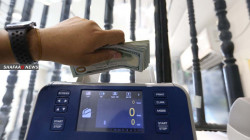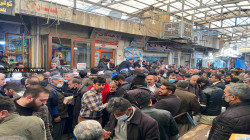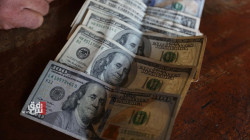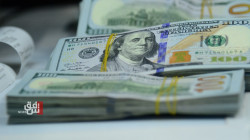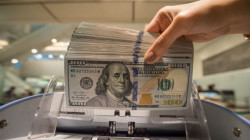Al-Sudani's cabinet has no intention to reverse the dinar's devaluation: lawmaker
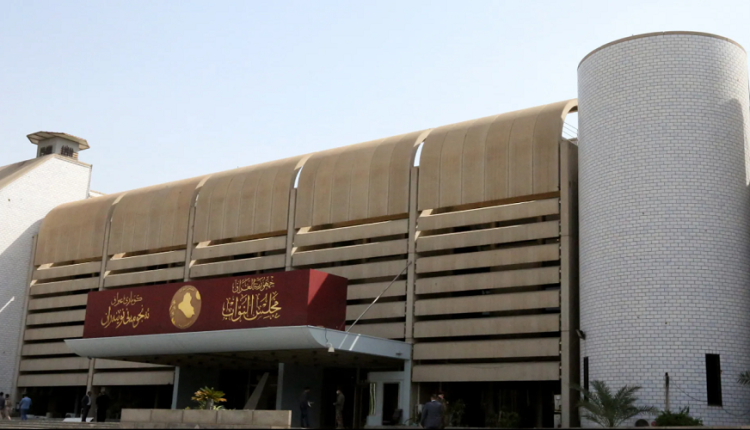
Shafaq News/ Iraq's 2023 budget will more likely stick to the US dollar's current exchange rate against the Iraqi dinar, lawmaker Moeen al-Kadhimi said on Monday.
Media reports claimed that Iraq's Prime Minister Mohammad Shia al-Sudani might reduce the dollar's exchange rate to 1,350 dinars to 1; 100 dinars below the rate that has been pegged to the greenback since December 2022.
"These reports are merely rumors," al-Kadhimi said in a statement to Shafaq News Agency on Monday.
"The exchange rate in the budget bill is set at 1,450 dinars to 1 dollar. The government has no intention to change this rate. Such a move under the current circumstances might be detrimental," he said.
In December 2020, Iraq's central bank increased the sale price of US dollars to banks and currency exchanges to 1,460 dinars from 1,182 dinars, seeking to compensate for a decline in oil revenue due to low crude prices.
Before that, the last devaluation was in December 2015, when it raised the sale price of US dollars to 1,182 dinars from 1,166.
Before his accession as prime minister, Mohammed Shia al-Sudani, a Tehran-aligned politician, called for the restoration of the original value, warning of a "revolution of the hungry" if the status quo continued.
Upon taking office, al-Sudani stated that increasing the value of the Iraqi dinar would be one of his highest priorities due to the positive impact it would have on poor Iraqis. One year later, however, the value of the dinar remained the same with no clear intentions to change, despite a petition from 50 Iraqi lawmakers to reverse the his predecessor's decision.
Recently, the dinar went into a tailspin against the dollar after the New York Federal Reserve imposed tighter controls on international dollar transactions by Iraqi commercial banks in November to halt the illegal siphoning of dollars to neighboring Iran and Syria, which are under tough U.S. sanctions.
Under the curbs that took effect this month, Iraqi banks must use an online platform to reveal their transaction details. But most private banks have not registered on the platform and resorted to informal black markets in Baghdad to buy dollars.
This has created dollar shortages as demand has outstripped supply and accelerated the dinar's descent against the greenback.
Prime Minister Mohammed al-Sudani replaced the central bank governor earlier in the month as he had not taken effective steps to tackle the consequences of the new Fed regulations and their impact on the dinar.
